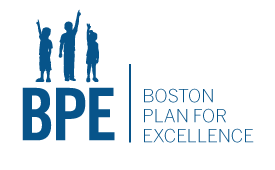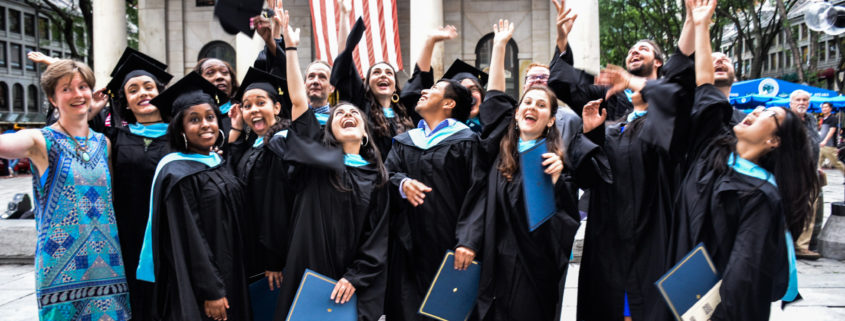Jamie Lyon, BTR graduate, cohort 14
Jamie Lyon
BTR cohort 14
Good evening all, my name is Jamie Lyon and I am a graduating member of the 14th Boston Teacher Residency Cohort. This past year I’ve been teaching with my Coordinating Teacher, the wonderful Danielle Hughes, in 6th and 7th grade science classrooms at Dearborn STEM Academy while studying with my fellow residents under the wise tutelage of our esteemed teachers, mentors, and coaches.
Friends, I have walked 2000 miles through the Appalachian mountains, I have cancelled my phone in Korean, I’ve gone 3 months without sunlight, and I have been stranded in a Thai port town with $20 to my name, but none of it was as challenging as my year with the Boston Teacher Residency program.
BTR is a horse of a different color. In a given week I dove into the complexities of teaching with gusto:
- Planning lessons that align to standards, meet the many different needs of our students, and in a cognitively demanding way, mind you.
- TEACHING said lessons, striving to reach each and every student each and every day, bringing our whole selves to the table, walking the tightrope of steering students in the right direction but then giving them the wheel…
- Then REFLECTING on said lessons, looking at student work, assessing where students are with the material as a whole, assessing where individuals students are and crafting delicate feedback that supports them to think more deeply.
So we did all that. But THEN we were also students in a graduate program. A rigorous one. Trying to get our masters of education. In one year.
So, you can see why, as this year has come to a close, I’ve been thinking a lot about challenges and how people approach them.
A key learning for me this year was that this wasn’t only challenging for me/us. It was hard for the people we teach as well. We challenge our own students every day in a wide number of ways and expect them to continually meet those challenges.
When they come to our classrooms, we are asking them to think differently than they are used to. I try my best NOT to give them answers – instead, I strive to support them in exploring and uncovering ideas and concepts. This can be a difficult. This way of learning opens one up to the probability of being wrong and we challenge them to change their world view and see that being wrong is OK and that it is part of the learning process. We challenge them to see their brains as plastic and not rigid. This results in a lot of “Why are we doing it this way” and “Mr Lyon! Just tell me the answer!”
I’ve had to remind myself that this is exactly how I often feel when I need to redo an assessment or when I’m given a comment that isn’t quite directive. I find myself mimicking my students. Amy, JUST TELL ME WHAT TO DO! Being a student while teaching has allowed me the unique perspective of being able to empathize with my students when they express that they’ve got too much work, don’t understand or just seem to want to give up.
I’ve managed to make it through these challenges through support. I’ve had a lot of it this year. Challenges need to be complemented with supports, scaffolding that can give us a structure from which to build.
I’ve had many such supports. Confiding with my science teammates Carolina and Zoey, finding solace with our cohort on our group chat. My partner Shannon forcing me to find ways to de-stress, to look at the bigger picture. I, more than once, called my coach Amy crying. Telling her that I felt like I was underwater, drowning in the work. And of course I wouldn’t haven’t gotten far at all without my mentor Teacher, Danielle.
So we have lots of layers of support here at BTR — it can be, at times, comical. I’d be teaching my class, Amy would be coaching me and Bill would be coaching her on coaching. I’m sure he later would reflect on his coaching. While it may sound like a bit much, it’s this model of support and routine that make BTR what it is.
Bringing it back to our students and the challenges we ask them to tackle — the challenges we need them to be able to tackle — we can’t afford to assume they are finding support outside the classroom. Many do have great support systems, but this is not true for all.
One of the most enjoyable parts of teaching for me has been relationship building with students and I am so grateful that this program puts this on the same level as teaching content in terms of importance. Having these relationships can be the scaffold that some students need in order to meet the challenges that we throw at them. While trying to make and leverage these connections may seem like an uphill battle at times, it is so very vital to persist and maintain the belief that all students can succeed.
To end, I’d like to share a story about a student I met the day before the first day of school at the uniform sale. Learning this student was a 6th grader I shared that I would be his science teacher. With a big smile on his face he told me, “I’m not going to do anything in your class this year, I’m terrible at science”. Just what a teacher wants to hear before their first day! Sure enough, he started off the year with low engagement and his performance in our class reflected this. I would check in with him often though, in and outside of class, to try to figure out what might get him more interested. One day he asked to come upstairs for lunch and this evolved into a weekly tradition with a few of his peers — a 6th grader hangout, where we would chat, trade riddles, share the jokes on the back of their milk cartons: “When does a duck wake up? At the quack of dawn!”. We got to know each other on a personal level. Suddenly there was a complete 180 in his engagement. He would complete every class activity, he would support his group, he would ask questions, he would compete to share his thoughts. He went from a D- to a B+. THE POWER OF PUNS!
This improvement reflects not only this student’s growth as a scholar, but my development as his teacher – my ability to utilize connection as a means of motivation for learning.
As educators, our success is directly connected to the achievements of our students. It is a mutual relationship that ebbs and flows with the tide of a million different factors. BTR has given me the tools to navigate this flow and instilled the values to keep me afloat and moving forward. As I grew into my role as a teacher, I saw my growth reflected back at me through my students’.
Now, as I transition from my residency year to my first year as a “real” teacher, I look forward to meeting students who challenge me, who push me to stretch myself, develop new methods of engagement, and determine the best way to provide that crucial support.
I don’t think anyone can say that BTR was easy – it wasn’t supposed to be. But having faced the challenge of the coursework, the planning, the teaching, the negotiating with students, the essays, the reflecting, the coaching cycles, the assessments, the FPA AND SPA, the 8 days on Thompson Island…
I for one can say that it was worth it.
Congratulations, Cohort 14 on our completion of this seminal program. I am excited to see what the future will bring, and even more excited to see how we all grow as educators in here in Boston.






Leave a Reply
Want to join the discussion?Feel free to contribute!